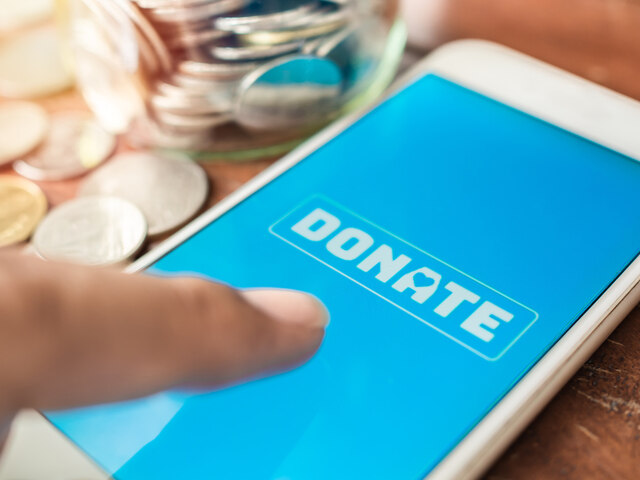When disasters like hurricanes, floods, and wildfires strike, the impacts on communities can be utterly devastating. Lives are lost, homes destroyed, and entire towns displaced. In times like these, donations from afar can make an enormous difference in providing urgent relief and long-term recovery aid. But with so many ways to give now, how can you make sure your donation has the most impact? Here are tips on the best and most meaningful ways to donate after disasters.
Give Cash
In most cases, donating money directly to reputable disaster relief organizations like Brother’s Brother Foundation is the most efficient way to help. Cash allows these groups to purchase exactly what is needed on the ground and respond flexibly as needs evolve. Funds might be used for supplies, temporary housing, medical aid, counseling services and more.
Do Your Research
With major disasters, many donations will flood in from public sympathy and media attention. But weeks or months later when the headlines fade, needs persist in long-term rebuilding. Before giving, research how a charity plans to use money for both immediate relief and ongoing recovery over time. Avoid groups that devote excessive funds to administrative overhead rather than services.
Give Locally
While large national organizations provide crucial resources, don’t forget about local aid groups who best understand community needs. Food banks, shelters, churches, mental health agencies and more provide vital on-the-ground services. Donating to community foundations that redistribute funds locally allows you to give efficiently to multiple area groups.
Volunteer Time
Besides money, one of the most valuable ways to contribute is through volunteering time and skills. Relief organizations need volunteers to sort donations, deliver supplies, clear debris, and rebuild. Or if unable to volunteer in person, you can sew blankets, assemble care kits, or provide remote phone support to survivors. Donating your time is a meaningful way to uplift others face-to-face.
Avoid Donating Goods
In the immediate aftermath of disasters, donations of used goods like clothing, toys, furniture and more may pour in from well-meaning people. But sorting, transporting, and distributing these items takes valuable time away from urgent response needs. Unless local groups explicitly request specific items, avoid donating physical goods. Your dollars will go much further supporting the professional relief efforts already underway.
Give Ongoing Support
A common problem with disaster giving is that donations spike immediately after an event but drop off after a few weeks, even as needs continue. Consider pledging monthly donations over time to provide a sustained stream of resources for long-term rebuilding. For extra impact, look for matching gift programs that can double your donation’s reach.
Organize a Fundraiser
If you want to engage your community and multiply your donation, consider hosting a fundraiser. You can organize events like bake sales, concerts, auctions, or donation drives through schools, businesses, clubs, and faith groups. Fundraising events not only raise money efficiently, but also build community awareness of ongoing relief needs.
Address Inequities
Vulnerable social groups often bear the harshest impacts of disasters. When donating, seek out organizations addressing the unique needs and inequities faced by women, minorities, the disabled, seniors, immigrants, and marginalized communities.
Stay Informed
With major disasters, relief needs evolve over months and even years. Make sure to keep up with the latest updates from response groups and development agencies to understand where the gaps are. Be flexible in shifting your donations toward pressing needs as the situation changes.
Conclusion
In challenging times of crisis and loss, donations in any form provide hope and uplift to survivors. Following these tips will help ensure your contributions are put to the best possible use for both urgent relief today and a more just recovery for all.

